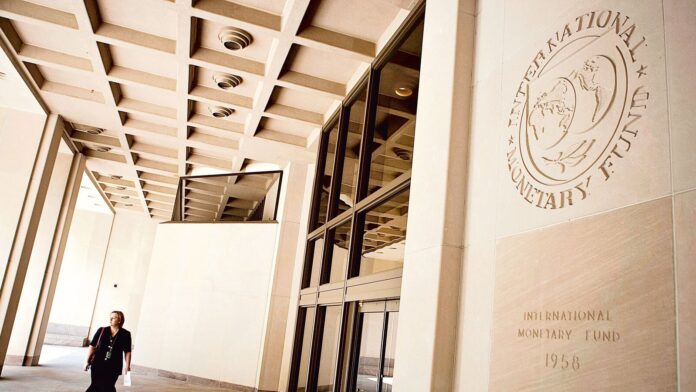Reduced reliance on the dollar in financial transactions is clear in the decline of dollar-denominated deposits and loans, and the dollar’s share in global foreign exchange reserves.
India is promoting its rupee, forging currency-swap agreements and encouraging the internationalization of Indian companies. This is also seen in many Latin American countries like Argentina, Bolivia, Peru and Uruguay.
Many central banks are imposing higher reserve requirements on dollar deposits and intervening in the foreign exchange market in a manner that encourages de-dollarization.
De-dollarization has many advantages, but there are also huge transitional risks. It requires substantial upfront investment in developing financial infrastructure to reduce short-term instability.
Large fluctuations in exchange rates can hurt export-driven industries. For many countries with liabilities in dollars but assets in local currencies, it can lead to liquidity crises and defaults if the local currency depreciates.
While it is unlikely that the dominance of the dollar will vanish soon, its alternatives should not be overlooked. Technological advances and the rise of digital currency are changing how countries and societies think about money.
Crypto technology can change how we conduct payments, banking and other financial transactions. But cryptocurrencies also display high price volatility, which makes them less attractive as a means of payment. So, they will merely offer people greater choice in what they can use for trade and as a store of value.
The Brics nations, which began with Brazil, Russia, India and China before enrolling more members, is reportedly eyeing a new digital currency. Its impact on the dollar is uncertain. But it could weaken the power of US sanctions and erode the dollar’s value.
India favours the use of local currencies for trading with other Brics members, and any decision will remain non-binding, so that members can choose which currency they would prefer to use among themselves.
We are no longer in a unipolar world. Global decision-making is now more democratic and decentralized. Yet, we are more interconnected. The present system lacks coherence in supporting its fundamental goals of global development and financial stability. It needs to be updated for a new era.
International dialogue is needed to scale up policy coordination between major economies and address concerns of the developing world.
To support a multipolar global monetary system, the US could encourage the use of other major currencies alongside the dollar as reserve currencies, participate in international initiatives to strengthen alternative payment systems and promote greater cooperation among central banks to manage exchange-rate volatility, while also working to maintain a stable domestic economy to bolster the dollar’s credibility.
China can promote the internationalization of its currency, the renminbi (RMB), by increasing its use in international trade settlements, developing its financial markets and encouraging foreign investment in RMB-denominated assets, thus creating a more diversified global currency landscape alongside the dollar and euro.
Similarly, India can promote the use of the rupee, deepen economic ties with other emerging economies, participate in initiatives to create alternative reserve currencies, and advocate greater representation of developing nations in global financial institutions.
Global financial institutions like the IMF and World Bank too have a key role in facilitating a more diversified monetary system. They can promote the use of special drawing rights (SDRs) and support the integration of major currencies into global financial markets.
They also need to increase the weight of developing-world currencies within the SDR basket. This would better balance the international monetary system and reduce disruptions associated with de-dollarization.
A multilateral and more democratic framework for international financial institutions is the best bet to maintain financial stability and reduce global poverty. This requires reforming their governance structures, changing their quota systems and granting developing nations more voting power.
Global institutions should provide more affordable long-term loans with flexible repayment terms tailored to developing countries’ needs. Increased lending in local currencies is needed to reduce currency risk for developing countries and more funding is needed for climate-related and gender-inclusive projects in vulnerable regions.
Debt management should be made more transparent. Also, better mechanisms for debt restructuring are needed when countries face economic crises.
Overcoming the challenges of switching from a unipolar to a more democratic multilateral framework requires political commitments by major powers to prioritize global development goals and coordinate policy changes.
This will help safeguard global governance and make it inclusive and fair. No single country can manage global risks. Multilateralism is the only way to address the world’s complexities and generate trust in the international monetary system.
#Dedollarization #debate #Multilateralism #solve #worlds #financial
